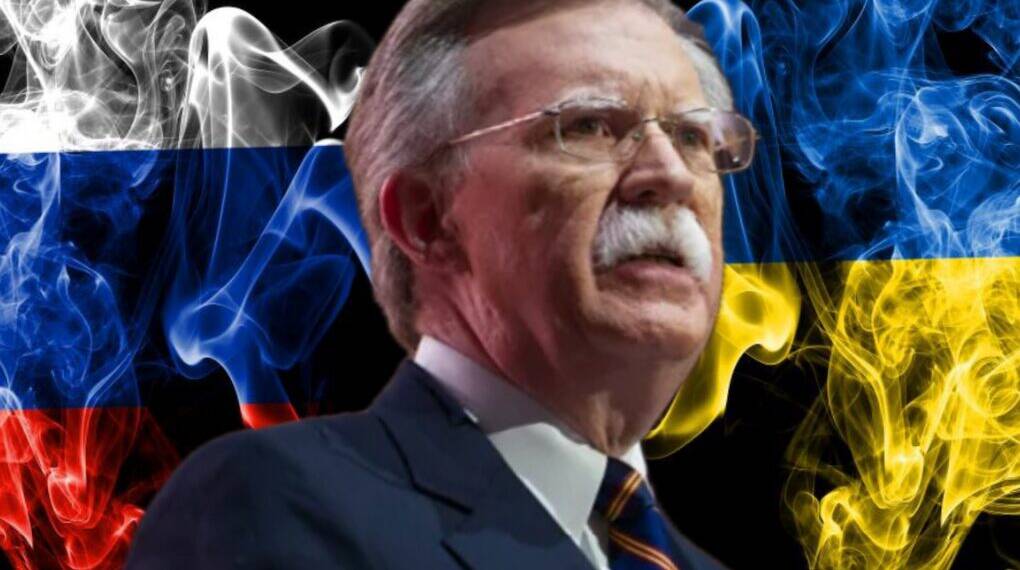The upcoming summit in Alaska between U.S. President Donald Trump and Russian President Vladimir Putin is being cast by Trump advisers and international observers as a major diplomatic triumph for the Kremlin. Their analysis focuses not just on the immediate optics but on the deeper geopolitical currents, the historic symbolism, and the consequences for U.S. global leadership.
Bolton’s Views
John Bolton compared the move to Trump’s controversial invitation of the Taliban to Camp David, suggesting it grants Putin a “badge of honor” he hasn’t earned, and risks humiliating the U.S. on the world stage. He warned, “The only better place for Putin than Alaska would be if the summit were held in Moscow. The initial setup is a great victory for Putin. He’s a rogue leader of a pariah state, and he’s going to be welcomed into the United States.”
There’s deep unease that this pageantry could set up Ukraine to be pressured into ceding territory or accepting terms dictated by Russia and the U.S., rather than negotiated with Kyiv as a partner. Bolton and others argue that Putin “is going to walk out of Alaska with more than he brought,” even if no substantial deal is struck, because the mere handshake signifies respect and validation.
Bolton said “I have a feeling this is sliding very quickly in Russia’s direction,” He added “We’re not quite back at February the 28th, in the Oval Office, when Trump told [Ukrainian President Volodymyr] Zelensky, ‘You don’t have any cards.’ But what’s happening is that Russia and the United States are discussing what terms they’re going to present to Zelensky, and it may well be that Zelensky has no choice here,” he continued. “Surrendering is always one way to get a peace deal.”
Symbolic Significance and Diplomatic Recognition
First Visit in a Decade: This is Putin’s first visit to the U.S. in ten years, and the first invitation to an American president since 2007. For Putin—subject to an international arrest warrant, ostracized by much of the democratic world following the invasion of Ukraine simply setting foot on U.S. soil is a powerful show of renewed legitimacy.
Historic Venue—Alaska: Hosting the summit in Alaska, a state with profound historic ties to Russia (sold to the U.S. in 1867), adds weight to the event. Analysts like former National Security Adviser John Bolton argue this venue is “the next best thing to Moscow” for Putin, and may even play into Russian nationalist narratives about lost imperial possessions.
Strategic and Political Implications
Breaking Isolation: Russia has sought to escape Western-imposed isolation since 2022. The Alaska invitation allows Putin to showcase that, despite sanctions and an ICC warrant, Russia is once again dealt with as a peer by the U.S. president—without conceding anything substantial in Ukraine so far.
Absence of Ukraine and Allies: Ukrainian President Volodymyr Zelensky and European leaders have been excluded from the main negotiations, raising alarms that the U.S. might broker terms unfavorable to Ukraine. This marginalization is seen as a further win for Moscow’s divide-and-conquer approach.
Broader International Response
While Senator Lisa Murkowski of Alaska expressed cautious hope that real progress might be achieved, most European leaders and U.S. foreign policy professionals see the summit as rewarding aggression and sending the wrong message to both adversaries and allies. It suggests that, despite three years of war and persistent sanctions, Moscow can still command a seat at the table at minimal cost.
For Putin, the optics of an American invitation—the handshake, the symbolism of Alaska, and the high-level platform to negotiate with the U.S. president—amounts to a diplomatic victory, regardless of policy outcomes. Although Trump has said that he will be fair to both sides in an effort to bring an end to the more than three-year-long war but Trump advisers and critics warn this meeting potentially weakens the Western position, sidelines Ukraine, and hands Moscow a powerful tool in the global battle for legitimacy and influence.








